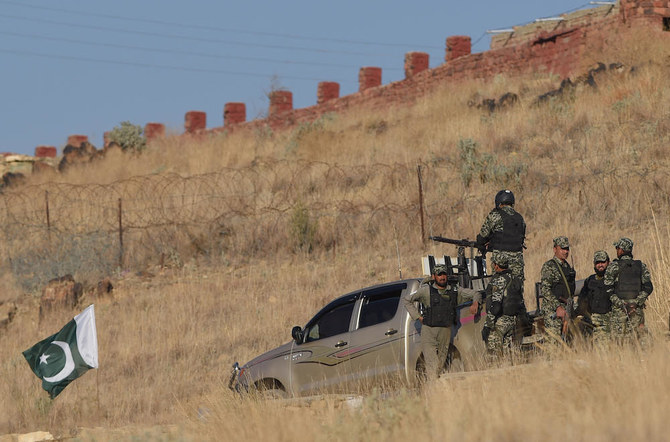Authors: Tahir Mahmood, Sajjad Ali Khan, Ikram Shah
Affiliation: Karakorum International University (Pakistan), Abdul Wali Khan University(Pakistan), COMSATS University (Pakistan)
Organization/Publisher: Cogent Social Sciences
Date/Place: June 15, 2021/U.K.
Type of Literature: Article
Number of Pages: 11
Keywords: Northern Pakistan, Militants, Extremism, Radicalization
Link: https://www.tandfonline.com/doi/full/10.1080/23311886.2021.1934248
Brief:
Pakistan, when a frontline ally of the US, experienced a chaotic outbreak of religious and ethnic exploitation in its northern region. Swat, previously an autonomous region, became a hub of militancy in 2007, threatening and challenging the writ of Islamabad. The authorities took swift action and dismantled the weaponized influence of militant outfits and re-established the government’s writ. In pursuit of its resolve, the state neglected the sociological and psychological realities that provided fertile ground for militants to take over Swat. This article analyzes the narratives propagated by militants among locals and its impact on the proliferation of chaos in the neighboring region. Swat was previously ruled by Shariah law ensured by Shariah courts, but in 2007 when locals demanded the imposition of Islamic Law, Islamabad reflected an ignorant attitude. This vacuum and administrative gap was exploited by militants who catalytically established their control over the region. The article elaborates the way forward for the government to avoid any such situation in the future.
By: Muhammad Taimoor Bin Tanveer, CIGA Senior Research Associate




